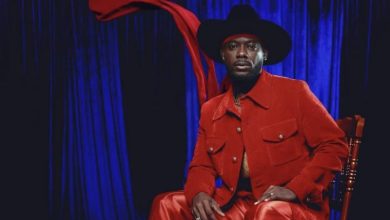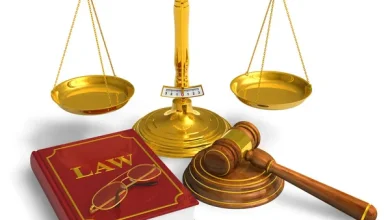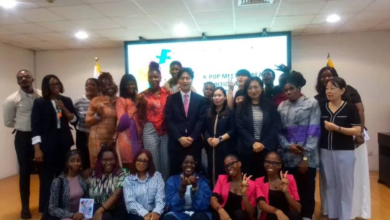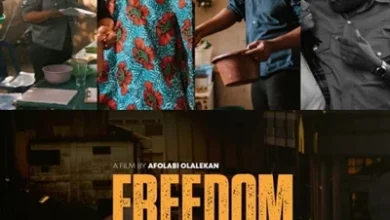Who Really Owns the Music? Understanding Copyright in Musical Compositions in Nigeria
Understanding how Nigerian musicians, composers, and producers can protect and monetize their creative works.
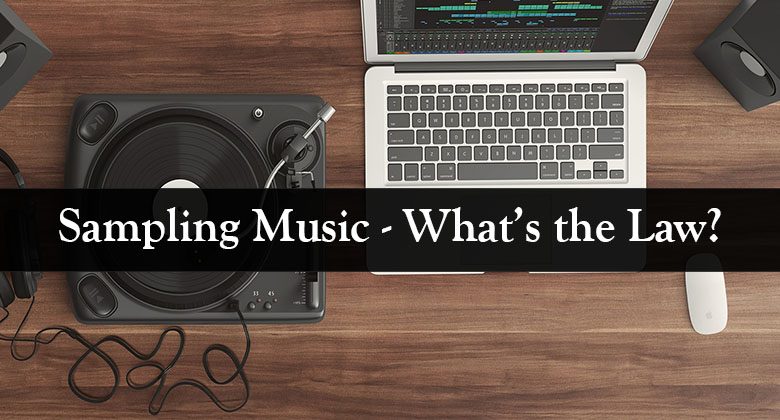
Introduction
The Nigerian music industry is one of the most vibrant in the world. Yet, many musicians, composers, and producers remain unaware of the legal framework that safeguards their creations. Copyright in musical compositions in Nigeria is the cornerstone of protecting artistic works, from songwriting to sound recordings. Without understanding these rights, creators risk losing both control and income.
This article breaks down the essentials of copyright in music: what it means, how long it lasts, what rights it gives, how assignments and licences work, and how artists can effectively protect and monetize their work.
What Is Copyright in Musical Compositions and Sound Recordings?
Under the Nigerian Copyright Act (NCA), musical works are defined as any musical composition, regardless of quality, including works made for accompaniment. In simple terms, this covers the actual written or recorded composition.
Sound recordings, on the other hand, are the first fixation of sounds in a medium that can be played back (for example, an MP3 or studio recording). These are usually created by performers and producers.
This explains why copyright in musical compositions in Nigeria is separate from copyright in sound recordings. Each has different rules, different owners, and different licensing processes.
Duration of Copyright in Nigeria
- Musical works: Lasts for the author’s lifetime plus 70 years after their death.
- Joint works: 70 years after the last surviving author dies.
- Corporate or government works: 70 years from the date of first publication.
- Sound recordings: 50 years after the date of first publication.
Once this period ends, the work enters the public domain and is free for all to use. Unlike patents, copyright in Nigeria cannot be renewed.
Rights of Copyright Owners in Music
A copyright owner in a musical work enjoys exclusive rights under Section 6 of the NCA, including:
- Reproducing the work (physical or digital).
- Publishing or distributing it.
- Performing it publicly.
- Creating derivative works (such as remixes or samples).
- Streaming or broadcasting it.
- Translating or adapting it.
For sound recordings, the rights (under Section 7) are slightly narrower and include:
- Controlling reproduction and distribution.
- Authorizing broadcasts or public communication.
- Licensing rentals or lending of the recording.
Importantly, sound recordings do not require originality the way musical compositions do.
Performers’ Rights (Neighbouring Rights)
Performers, singers, instrumentalists, and other live artists also enjoy legal protection through neighbouring rights. Under Section 26 of the NCA, performers have the right to control:
- Recordings of their live performances.
- Broadcasts or rebroadcasts of their performance.
- Re-performances by others.
These rights last for 50 years from the year of the performance.
Assignment vs Licence in Music Copyright
Musicians and producers can monetize their work either through assignment or licensing:
- Assignment: Permanent transfer of ownership, usually via sale or hire. Once assigned, the creator loses control. It must be in writing to be valid.
- Licence: Temporary permission to use the work while ownership remains with the creator. Licences may be exclusive (only one licensee can use it) or non-exclusive (multiple parties can use it).
Licences usually involve payments:
- Royalties: Paid regularly based on sales/streams.
- Lump sums: One-off payments.
Licensing is generally better for creators, as it allows long-term control over their music.
Types of Music Licences in Nigeria
- Mechanical Licence – for reproducing and distributing music on CDs, downloads, or streams.
- Synchronization Licence – for using music in video formats (films, ads, YouTube, etc.).
- Broadcast/Performance Licence – for playing or streaming music in public (concerts, radio, hotels, events, etc.).
In Nigeria, Collective Management Organizations (CMOs) like MCSON (approved by the Nigerian Copyright Commission) handle royalty collection and distribution.
Protecting Copyright in Musical Compositions in Nigeria
Unlike trademarks or patents, copyright protection is automatic once a work is created and fixed in a tangible medium (recording, writing, etc.). However, the Nigerian Copyright Commission (NCC) also runs a Voluntary Copyright Registration Scheme, which provides:
- Official proof of ownership.
- Public verification of works.
- Reliable records for licensing and enforcement.
- Depository preservation of original works.
Applications can be submitted physically at NCC offices or online, with copies of the work and payment of a small fee.
Conclusion
The reality is clear: ignorance about copyright in musical compositions in Nigeria has cost countless artists money, control, and recognition. To thrive, musicians, songwriters, producers, and performers must understand their rights, the duration of protection, and how to license their works.
From securing royalties to protecting moral rights, knowledge of copyright is not optional, it is essential. Every artist should also consult legal professionals when negotiating with record labels, streaming platforms, or third parties. After all, protecting your music today ensures your creative legacy tomorrow.

